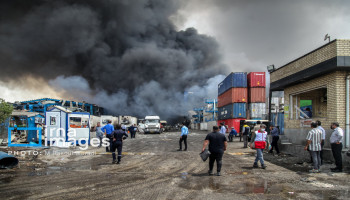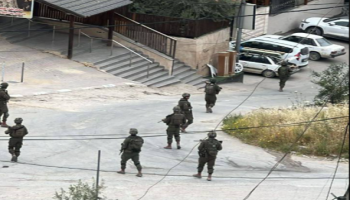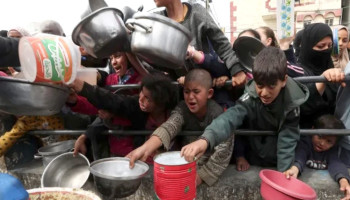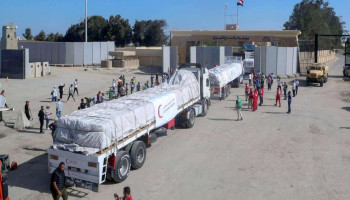Putin Signs Russian Withdrawal from Open Skies Treaty after US Exit
الاثنين, 07 يونيو 2021
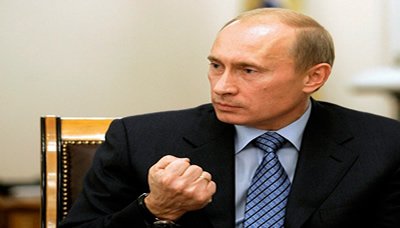
President Vladimir Putin has signed legislation to pull Russia out of the Open Skies arms control treaty following the US exit from the pact.
The United States initially left the Open Skies Treaty, which allows unarmed surveillance flights over member countries, in November in one of Donald Trump’s final acts as president. Trump accused Russia of violating the treaty. Russia responded in January, saying it would also withdraw.
The Russian upper house voted Wednesday to leave the treaty, leaving the matter up to President Putin to sign the legislation into law.
Moscow has described the decision by US President Joe Biden, who had criticized Trump’s withdrawal as “short-sighted,” not to rejoin the pact as a political mistake.
“This caused serious damage to the treaty’s observance and its significance in building confidence and transparency, (causing) a threat to Russia’s national security,” the Kremlin said in a statement on Monday.
The Biden administration claimed it was still reviewing the previous administration’s reasons for withdrawing from the post-Cold War accord.
Open Skies was signed soon after the dissolution of the Soviet Union in 1992 and came into force in 2002.
The treaty allowed its signatories, including the US, Russia, European countries and Canada, to carry out short-notice flights over each other’s territory to monitor potential military operations. It also allowed members to request copies of images taken during surveillance flights carried out by other members.
The treaty was largely intended to defuse potential tension between Russia and the West.
However, Moscow and Washington have long accused each other of breaching the terms of the treaty.
The Open Skies was one of several major treaties Trump exited before Biden took office, vowing to enforce an even tougher political stance in regard to Russia.
Days after entering office, Biden, however, extended by five years the New START pact — the last remaining arms reduction treaty still honored by the former Cold War rivals.
Source: Agenceis

